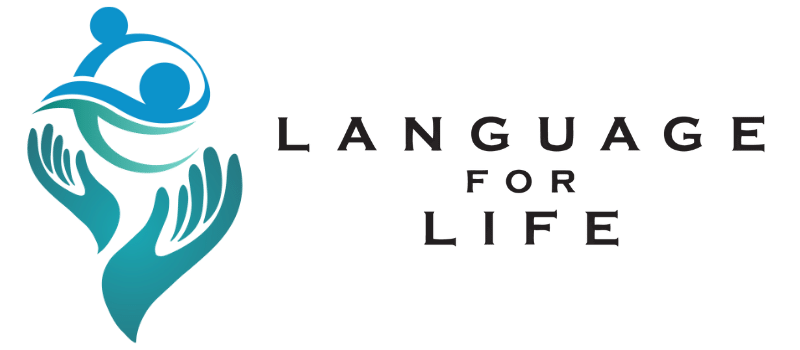Many might have heard the term “occupational therapy” but they are often not certain what it means. Moreover, fewer people are aware of the benefits of occupational therapy. Occupational therapy is a person-centered intervention that addresses health and well-being through work involvement. It focuses on improving the individual’s ability to perform and engage in everyday activities. It offers a unique and holistic approach in improving the quality of life for people of all ages.
How Occupational Therapy Works
Occupational therapists collaborate with individuals to identify their unique goals and challenges. This process involves a detailed analysis of the individual’s abilities, limitations, and environmental factors. Based on this, a personalized intervention plan is designed to enhance the person’s ability to engage in daily activities.
Occupational therapy interventions may include helping individuals regain skills and independence following injury, illness, or disability, addressing difficulties in processing sensory information to improve participation and behavior, assessing and optimizing workspaces to prevent injuries and improve productivity and modifying home, school, or work environments to make them more accessible and supportive of individual needs.
How Occupational Therapy can Improve Quality of Life
Among many benefits of occupational therapy, improving the individual’s ability to complete tasks and activities at home, work, or in social and leisure situations, adapting to lifestyle changes and develop new routines, increasing independence and enhancing health management skills are prominent.
Which Areas Can Occupational Therapy Help You With?
At school, Occupational Therapy can help you in overcoming difficulties starting and/or completing assignments, in overcoming struggles with organizing materials, to avoid missing important instructions and to overcome difficulties in reading and writing.
At home Occupational Therapy can help with difficulties such as requiring frequent reminders to complete routine activities, such as getting ready for school or bed, having a limited range of preferred foods at meal times shows a strong preference for certain clothing items, such as specific shirts, pants or socks and struggles in locating specific items in cluttered spaces, such as a book on the floor in a messy room
Overall, in everyday life, Occupational Therapy can help individuals with selective or picky eating habits, individuals who struggle to stay focused, individuals who lack meaningful friendships and individuals who becomes upset when routines change.
Benefits of Occupational Therapy:
The benefits of occupational therapy are immense. Some key benefits include:
1. Helping individuals develop or regain the skills they need to perform daily activities independently, enhancing their quality of life and self-confidence.
2. Enabling individuals to participate more fully in work, school, social, and leisure activities.
3. Improving individuals’ ability to engage in meaningful activities and improving their overall comfort by alleviating pain.
4. Empowering individuals to adopt healthy habits and lifestyles that promote physical and mental well-being.
helping them better understand and address the needs of their loved ones.
Occupational therapy is a profession that focuses on the potential of each individual. It recognizes the importance of meaningful activities in developing well-being. It is a versatile and personalized approach that promotes a life filled with purpose and satisfaction.
In essence, occupational therapy is not just about helping individuals perform specific tasks; it’s about enabling them to live life to the fullest, regardless of their challenges or limitations.


